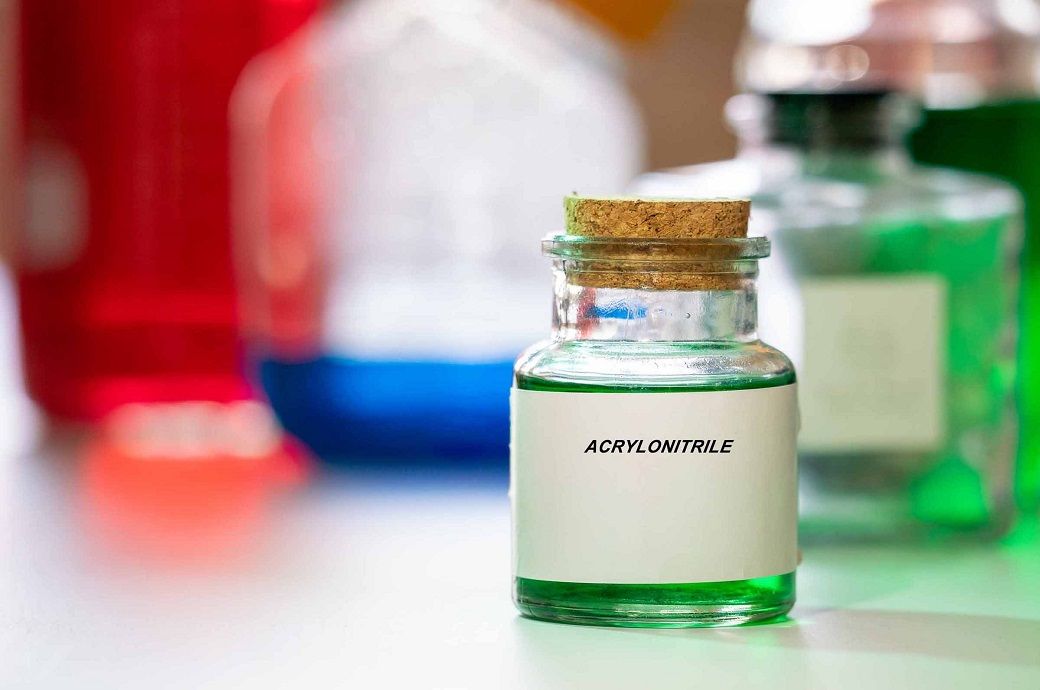
Mars Materials, Inc. PBC (“Mars” or the “Company”), a company working to store captured carbon dioxide into everyday products, today announced industry-first validation of its product, an impurity-advantaged acrylonitrile. The product validation was completed by SNF, the industry leader in the global $11B polyacrylamide and water-soluble polymers market. The product met all performance standards across SNF’s extensive product portfolio. This multi-year validation effort overcomes a decades-long industry hurdle and significantly de-risks Mars’ path to commercialization.
Acrylonitrile is a chemical building block used in everything from carbon fiber in aerospace, defense and grid infrastructure to essential polymers in water purification, pulp and paper, mining and personal care like diapers. For over half a century, buyers have relied on a sole petrochemical process to produce acrylonitrile, but the process is a significant source of emissions. Mars’ novel scalable process directly addresses this, producing drop-in replacement acrylonitrile from captured CO2, and only generating water that can be treated and recycled within its process. Mars’ product milestone unlocks new possibilities for the supply constrained acrylonitrile industry, where global buyers such as SNF are actively seeking to reduce Scope 3 emissions with solutions that don’t require downtime or additional capital expense.
“This validation proves our technology can meet the exacting quality demands of major industrial partners like SNF. It’s a critical inflection point in our approach,” said Aaron Fitzgerald, CEO of Mars. “We’re building on this success, doubling down on strategic partnerships to demonstrate that our acrylonitrile can produce high-performance, carbon-negative carbon fiber. We’re not just creating sustainable chemicals; we are turning everyday products into sources of carbon storage and building a circular carbon economy.”
Acrylamide-based polymer expert, Cédrick Favero, understands the weight of this achievement: “To see a novel, performance-advantaged acrylonitrile not only work but also meet the stringent quality standards for bioconversion to acrylamide monomer and subsequent use in polymerization on the first attempt is a game-changer.” In 2025, Cédrick joined Mars’ Advisory Board “to actively participate in the transition from fossil-based chemistry and add more tailwinds to the team’s pioneering work.” He goes on to say: “The Mars Materials team has unlocked a massive market with policy-driven decarbonization pressures and huge impact on freshwater access.”
In 2023, riding its momentum after completing gram-scale partial product validation with global buyers and the design of its kilogram-scale pilot plant, Mars learned that maintaining its piloting operations in the Bay Area, California would require an extensive regulatory and permitting review along with high facility build out costs. Facing existential timeline delays and budget overruns, Mars kicked off a nationwide site selection, ultimately relocating to Houston, Texas. With its robust critical infrastructure, deep talent pool and access to relevant Fortune 500 companies, Texas accelerated Mars’ access to a knowledgeable and equipped ecosystem and enabled it to co-locate its pilot plant at a Shell site, whose support has reduced costs by millions of dollars and sped up Mars’ development efforts by an estimated three years.
Building on the proven performance of its acrylonitrile in demanding downstream applications—ranging from municipal and industrial water treatment to mining, oil and gas, pulp and paper, textiles, home and personal care, construction additives and agriculture—Mars is now actively advancing commercialization and broad adoption across these critical sectors, furthering its mission to enable a circular carbon economy. Concurrent with these commercial efforts, the company is scaling up production capacity and preparing for long-duration operational runs to demonstrate the technology’s reliability for industrial adoption.
Mars is currently raising funds to accelerate scale-up activities and validate its acrylonitrile in new high-value derivative markets. Leveraging its success in the $11 billion polyacrylamide and water-soluble polymers market, the company will target the $4 billion carbon fiber market.
ALCHEMPro News Desk (HU)
Receive daily prices and market insights straight to your inbox. Subscribe to AlchemPro Weekly!